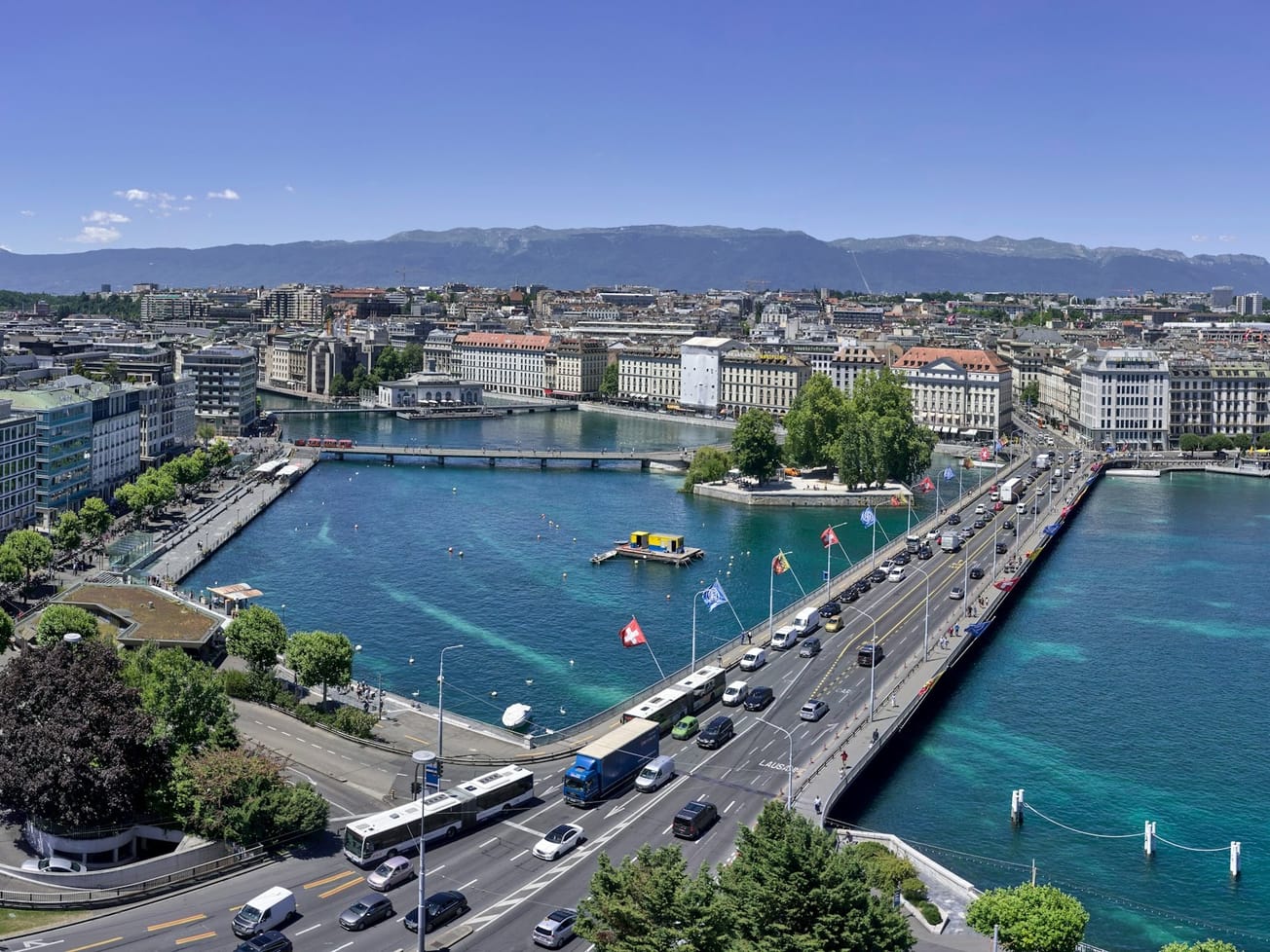GENEVA (AN) — Political leaders and heads of finance, NGOs and international organizations called for a greener global economy, arguing the world can thrive without a purely profit-oriented growth mindset.
As the Swiss sustainable finance initiative drew to a close on Thursday after four days of talks among 1,500 participants, the focus turned to ways of overcoming roadblocks to mobilizing finance for the U.N. Sustainable Development Goals, or SDGs.









